Consortium Partners
MAGMa is an international consortium composed of seven partner institutions.
We further draw on the global expertise, experience and networks of associate partners covering all regions of the world, who will offer guest lectures, research mentoring, and work-based placements by some of the world’s leading scholars and practitioners working on issues in the art and cultural heritage field.
This innovative and multidisciplinary programme is delivered by the following five esteemed higher education institutions:
- University of Glasgow (and the Hunterian Museum for the Summer School option) (UOFG)
- University Institute of Lisbon [ISCTE Instituto Universitário de Lisboa] (ISCTE)
- University of Lisbon [Universidade de Lisboa], School of Arts and Humanities (FLUL)
- IESA Arts and Culture Paris [Institut d’Études Supérieures des Arts] (IESA)
- Erasmus University Rotterdam (EUR)
And, additionally:
- TATA Institute of Social Sciences (Winter School option)
- Smithsonian Institution (Summer School option)
The University of Glasgow will serve as the coordinating institution of the programme.
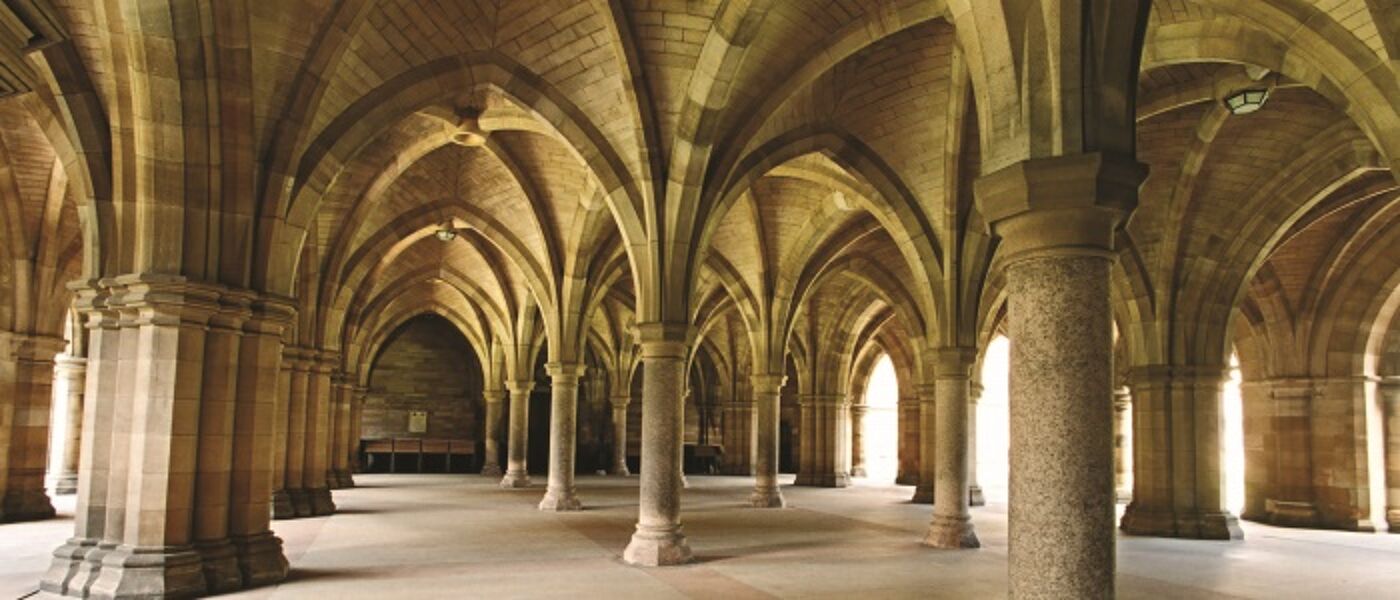
University of Glasgow
- A world top 100 university and a member of the prestigious Russell Group of leading UK research universities, the University of Glasgow is ranked 54th in the world for Arts and Humanities.
- In Semesters 1-3, you’ll engage with the University's online courses, allowing you the flexibility to learn from anywhere while building a solid foundation in art and cultural heritage.
- In Semester 4, you have the exciting opportunity to complete your dissertation on campus if you choose, immersing yourself in their vibrant community of students and staff from over 140 countries.
- In the School of Culture and Creative Arts, you’ll be taught by leading experts in major European art historical periods, as well as in specialised fields such as decorative arts, textile conservation, technical art history, and Chinese art, ensuring a comprehensive and enriching educational experience.
- Glasgow’s dynamic art scene will serve as an inspiring backdrop for your studies, offering countless opportunities to explore creativity and culture.
- You will graduate here at the end of Year 2.
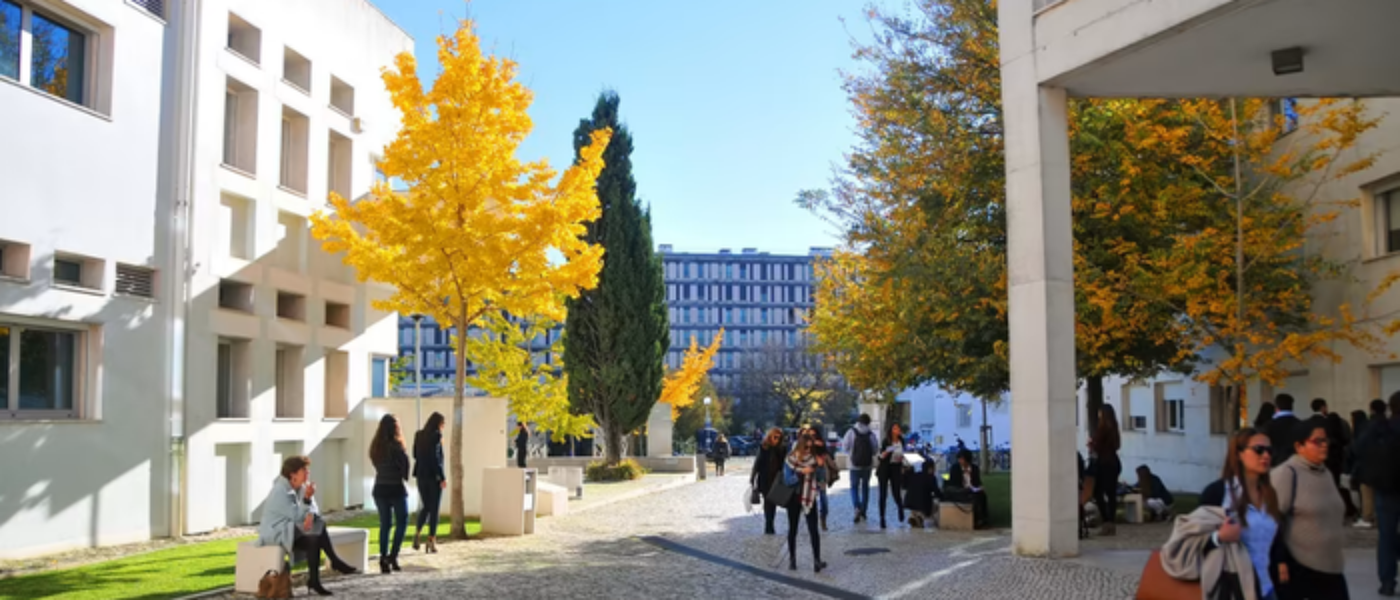
ISCTE University Institute of Lisbon
- With 13,000 students (23% international), ISCTE is ranked among the world’s top 200 young universities. It is known for cutting-edge research and global collaborations, with MAGMa students based within ISCTE’s School of Sociology and Public Policy.
- In Semester 1, you’ll start the MAGMa programme at ISCTE's Cidade Universitária campus, where you'll take Art Management courses taught by esteemed teaching staff who are highly regarded wordwide for their expertise and commitment to delivering cutting-edge education.
- Simultaneously, you'll attend Art Market courses delivered by the University of Lisbon.
- Lisbon offers a unique blend of culture, language, and Mediterranean climate, creating the perfect environment for academic and personal growth.
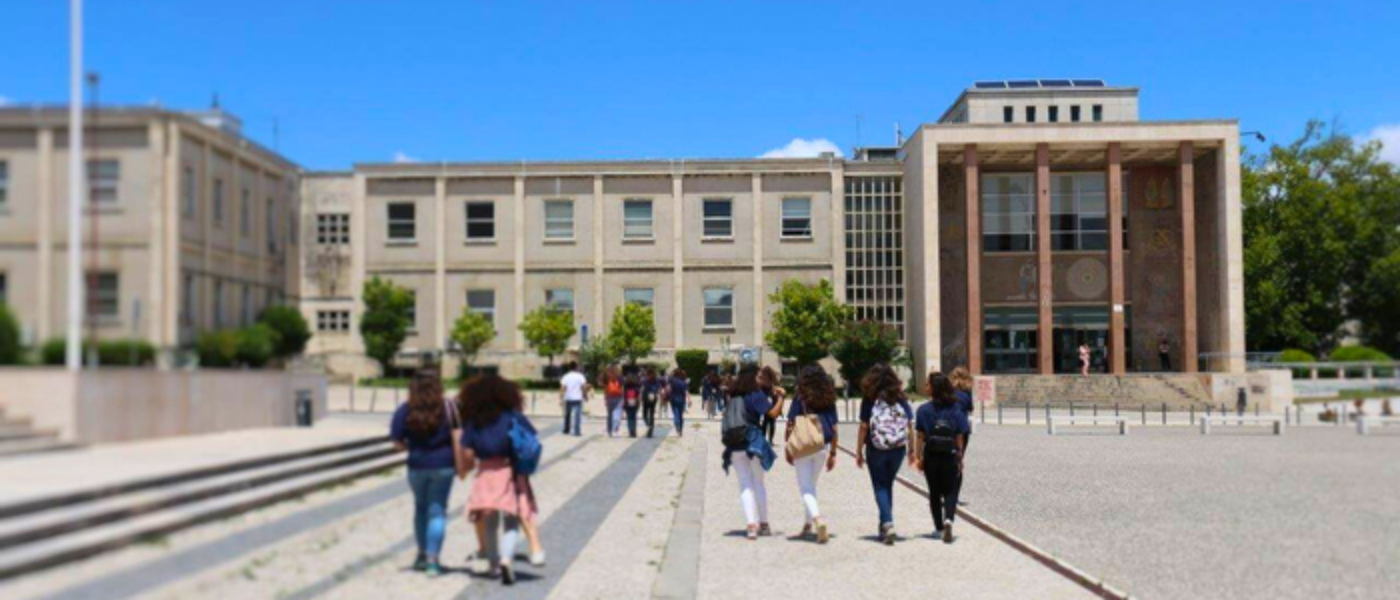
University of Lisbon
- Established in 1859, Universidade de Lisboa is ranked as Portugal’s number one higher education institution, and welcomes 7,000 international students from over 100 countries each year.
- Your Art Market courses are held at FLUL (Faculdade de Letras, Universidade de Lisboa), which is situated within the esteemed School of Arts and Humanities, renowned for its academic excellence.
- FLUL excels in teaching and research across disciplines such as Literature, Philosophy, History, Art History, Archaeology, and Linguistics. Here, you’ll delve into Art History, with the added opportunity to learn Portuguese as a Foreign Language, as FLUL is a certified testing centre.
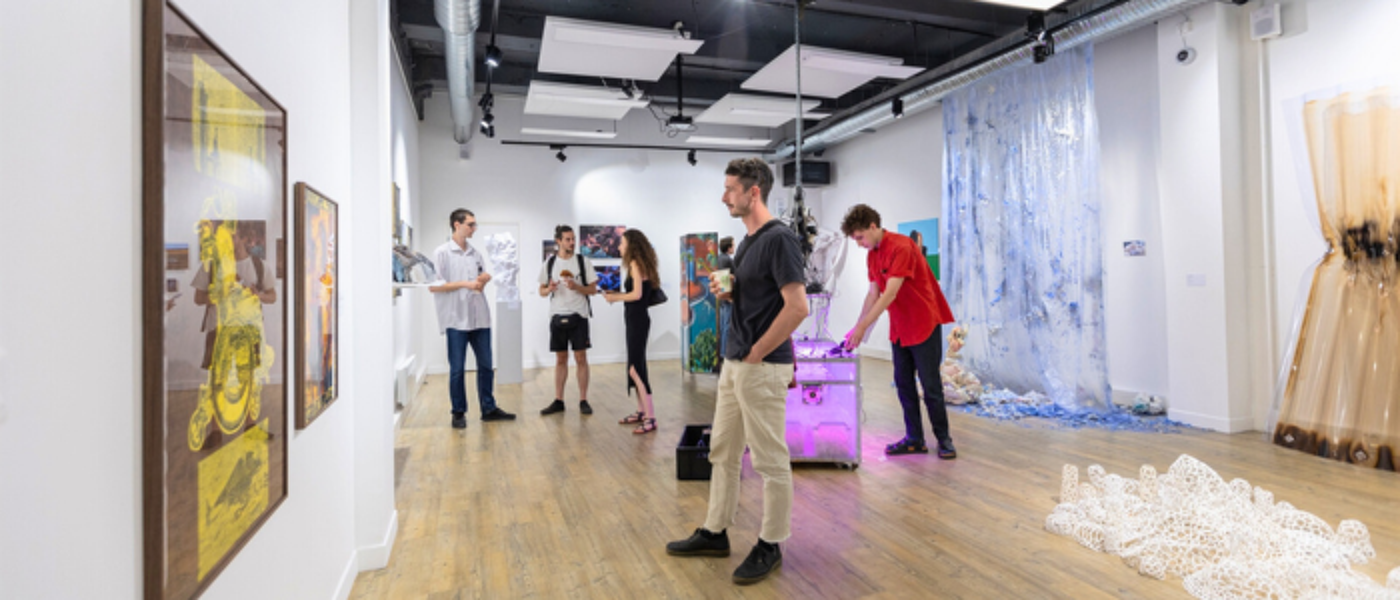
IESA Arts and Culture
- In Semester 2, you’ll immerse yourself in one of IESA's two dynamic study tracks: Collecting in Art & Cultural Heritage or Managing the Cultural Heritage of the Future. These programmes blend critical analysis with hands-on experience, giving you the practical skills needed to thrive in the art world.
- Led by industry experts, their courses cover everything from art markets to cultural heritage management, while offering exceptional networking opportunities.
- A highlight is the required internship, where you’ll collaborate on real-world cultural management projects, culminating in a presentation before a professional board—essential for earning the prestigious IESA national degree.
- At IESA, you’ll also benefit from the University of Glasgow’s specially designed IRMA course, a unique online programme that unifies the wide range of methodologies explored throughout the programme, ensuring a comprehensive and cohesive learning experience.
- Studying in Paris, a global hub for art and culture, offers unparalleled access to world-class museums, galleries, and a vibrant art scene, providing the perfect backdrop for developing your expertise and expanding your professional network.
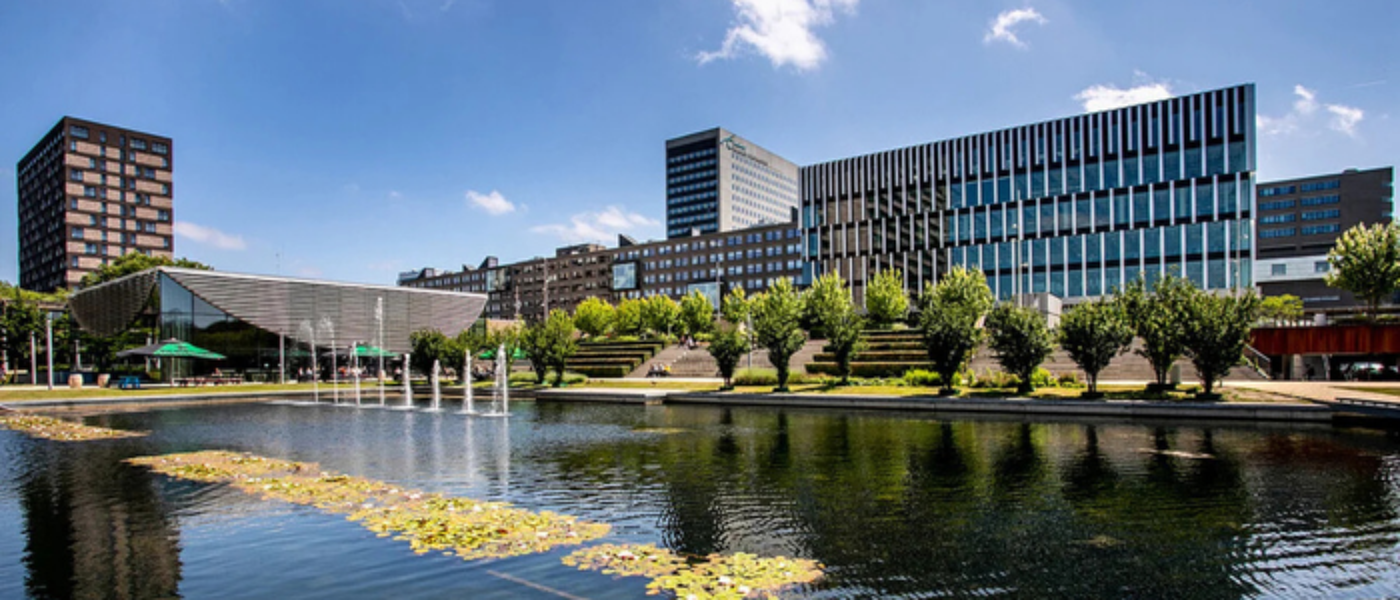
Erasmus University Rotterdam
- Founded in 1913, Erasmus University Rotterdam ranks among the top 3% of universities worldwide, with a diverse community of over 30,000 students and a strong focus on tackling global challenges in health, wealth, governance, and culture.
- Here, in Semester 3, you'll choose between two tracks exploring cultural economics, focusing on the production, distribution, and consumption of arts and culture across borders.
- You’ll also take the University of Glasgow’s Provenance and Restitution course, examining global cultural trafficking and restitution beyond the Western Tradition.
- The Erasmus School of History, Culture and Communication is renowned for its Master of Cultural Economics and Entrepreneurship, one of the best of its kind globally. The School collaborates with the Willem de Kooning Academy and Codarts Rotterdam through the Rotterdam Arts and Sciences Lab (RASL), fostering transdisciplinary research.
- Rotterdam is a vibrant European metropolis, known for its modern architecture, bustling port, trendy restaurants, renowned museums, and lively festivals.


